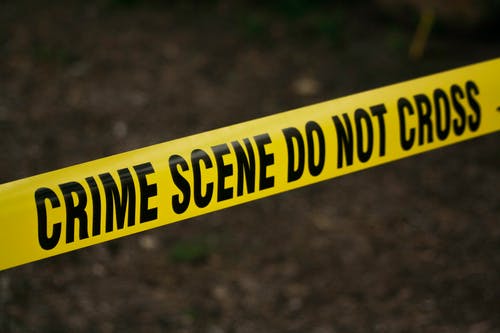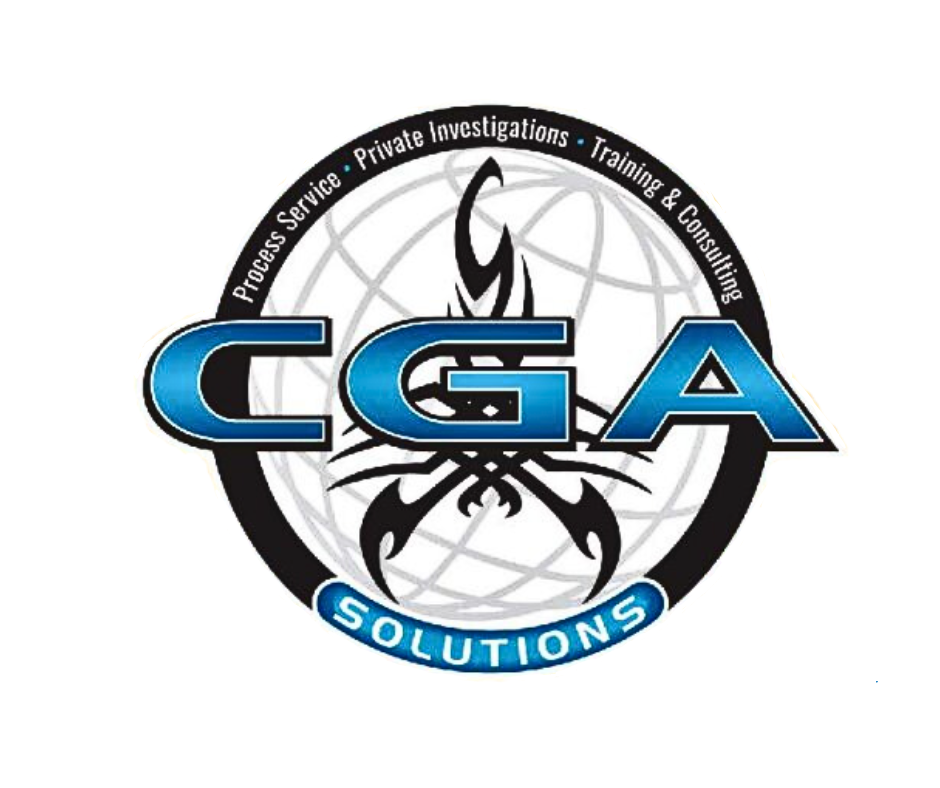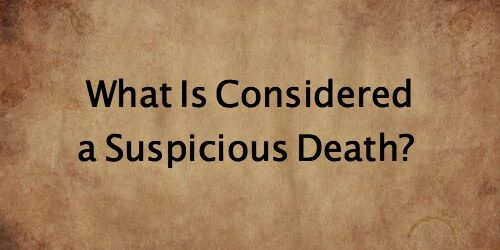A Suspicious Death Can Occur From a Wide Range of Circumstances
When a death occurs, there are several indications that Coroners and medical professionals look at to determine the cause. Was it from natural causes or are there other injuries to be examined? If the Coroner and/or medical examiners deem a person’s death to be suspicious, that means there may have been a crime involved.
Law enforcement and medical professionals gather all the facts needed to determine whether a person’s death was due to natural causes, an accident, suicide, or a homicide. Until all the evidence is gathered, a death is deemed suspicious. However, there are several instances where the circumstances surrounding a death require a more thorough investigation.
As death investigators for Georgia and South Carolina individuals and legal entities, we have worked on several thousand death investigations. Based on our extensive knowledge and experience with death investigations, these are the circumstances that can indicate a suspicious death.
The Manner of Death and Cause of Death Are Not Clear
The manner of death is whether a person’s death was natural or unnatural whereas the cause of death is how a person died – either from injury or medical reasons. A coroner may determine the cause of death to be from a gunshot to the head, but law enforcement may deem the death to be a crime if there are multiple gunshot injuries on the person as well as the trajectory of the bullet wound.
If the cause and manner of death cannot be confidently stated and backed by evidence, then the person’s death will remain a suspicious death until more evidence is gathered.

There Were No Witnesses, or the Death Was Unattended
One of the most difficult death investigations is when a person is found deceased days after the death occurred. This is what is considered an unattended death.If a body is discovered days after the actual time of death occurred, law enforcement will more often than not report the death as suspicious. If the Coroner believes a post-mortem autopsy is necessary, the family could be requested to confirm the identity of the body.
To determine the manner of death, law enforcement may look through the deceased person’s phone records, interview friends and neighbors, or do anything that helps them build a case. Deaths under these circumstances are often the most difficult and may require a licensed death investigator to assist with the investigation.
The Death Cannot Be Medically Explained
If a person does not have any prior medical history that creates a clear connection to the cause of death to the manner of death, law enforcement and medical professionals may determine a person’s death suspicious. For example, if a person with no medical history of heart problems and suddenly died of heart failure, medical specialists will look closer at the manner as to what caused the heart failure.
This is also relevant to a person’s mental health history to determine whether a death was a suicide or a homicide. There have been many instances where a scene is staged to look like a suicide when in reality it was a homicide. Unfortunately, law enforcement are often quick to rush to judgement and do not often look deeper into a person’s mental health history or take a second look at the scene.
If a person does not have a medical history of a mental health disorder or attempted suicide in the past, a licensed death investigator will look deeper to determine whether the person died from suicide or homicide. Even if a loved one had a history of mental health problems and you want a more thorough investigation, be sure to call a trusted death investigation firm, such as Chilton Gibbs & Associates.
A Person Died While Under Medical Care
People seek medical care to be treated for injuries and illnesses that cannot be healed on their own. If a person dies while receiving medical care that may have been caused by negligence or malpractice, officials may look more into the circumstances of the person’s passing.
For example, if a person died of heart failure while on prescribed medication, medical examiners would have to determine whether the person’s medication had a direct correlation with their death and if it was used as prescribed.
The Circumstances Surrounding the Death Makes It Suspicious
Let’s say a woman slips on a wet floor and falls down the stairs while carrying a large basket of laundry. Because the floor was wet and the laundry basket would have impaired her from seeing the hazard ahead, law enforcement would likely conclude that her death was accidental.
However, if the woman was to fall down the stairs with no slipping hazards in the way and the front door to the house was left wide open, officers would find the woman’s cause of death suspicious and open up an investigation to gather more information into the “how” and “why.”
As mentioned earlier, there are often circumstances where a homicide or accidental death is staged – or mimicked – to look like a suicide. This can be overlooked by law enforcement if they do not take the time to look closer at the scene and components outside of the scene. If there are any suspicions regarding the circumstances of a loved one’s death, hiring a private investigator to look more intensively may be the best option.
A Licensed Death Investigator Can Help You Find the Answers That You Need
From crime scene investigation to reviewing all the documentation surrounding a person’s death, a private investigator can help families and individuals get the answers they need involving the death of a loved one. While an investigation cannot bring a person back, it may help bring those responsible to justice.
For more information, contact the private investigation firm of Chilton Gibbs & Associates for a free consultation.








